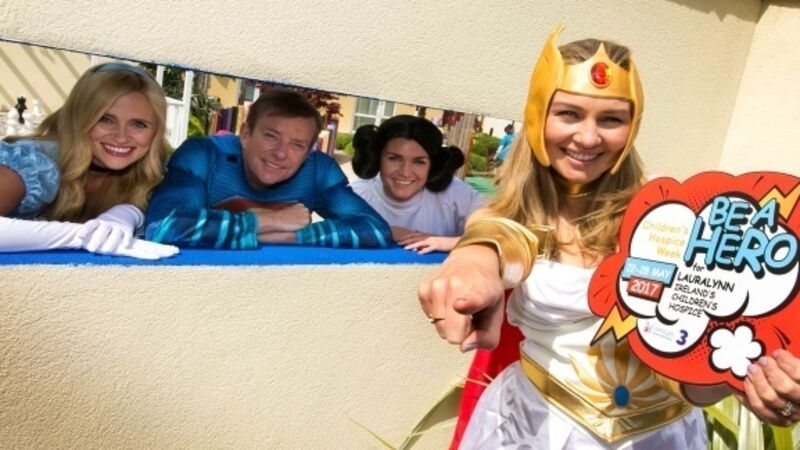LauraLynn provide numerous services to families and support that is 'absolutely fantastic'

IT’S every parent’s worst nightmare to bury a child, but perhaps crueller still is caring for a child that you know may not have long to live.
When Mark and Helena Murray’s third baby, Jamie, was born, they were told he might not survive. When Jamie was diagnosed as having a neurological condition called holoprosencephaly (HPE) during Helena’s pregnancy, at 22 weeks’ gestation, the Murrays were warned that the chances of Jamie dying following birth were high. Immediate family gathered around as Helena was prepped for a caesarian section; they had come to say goodbye.











